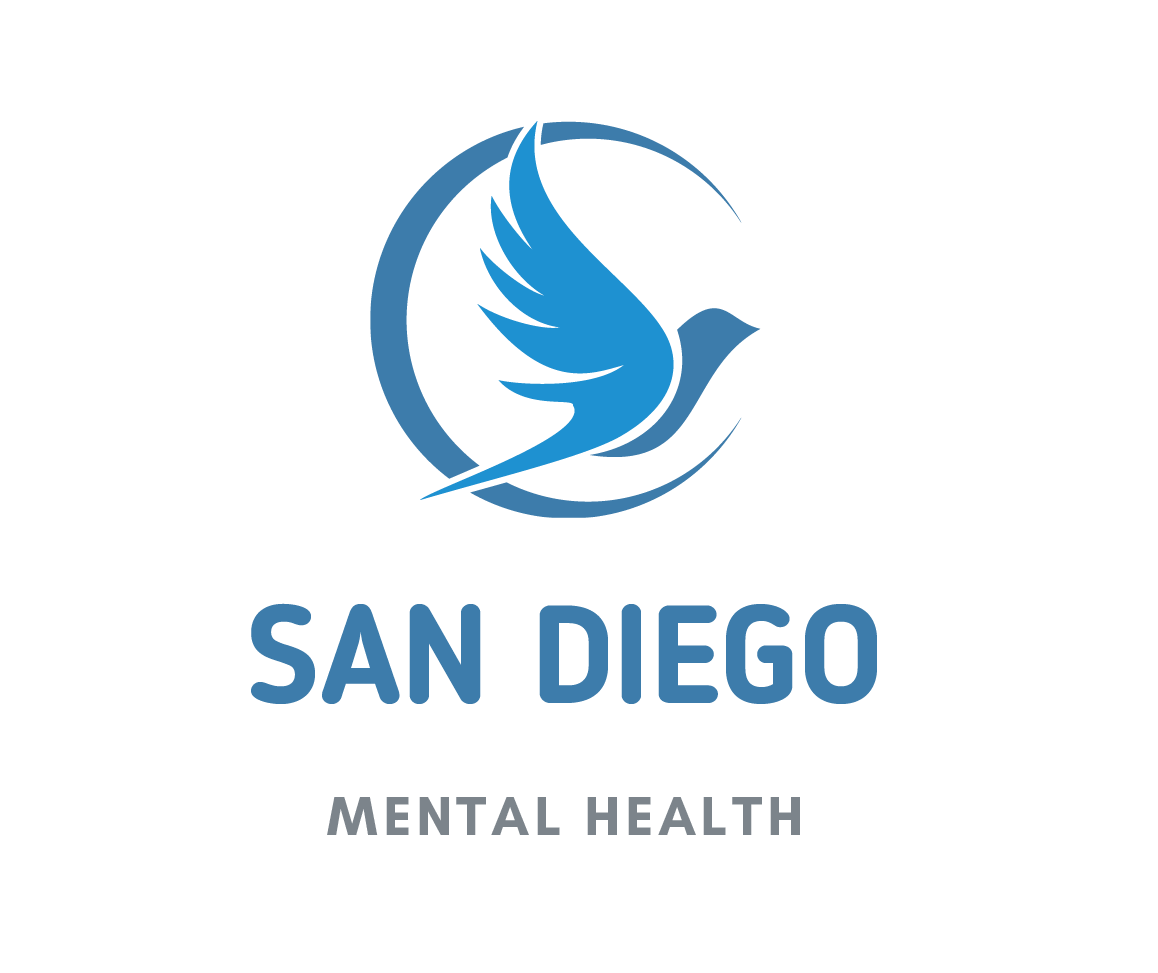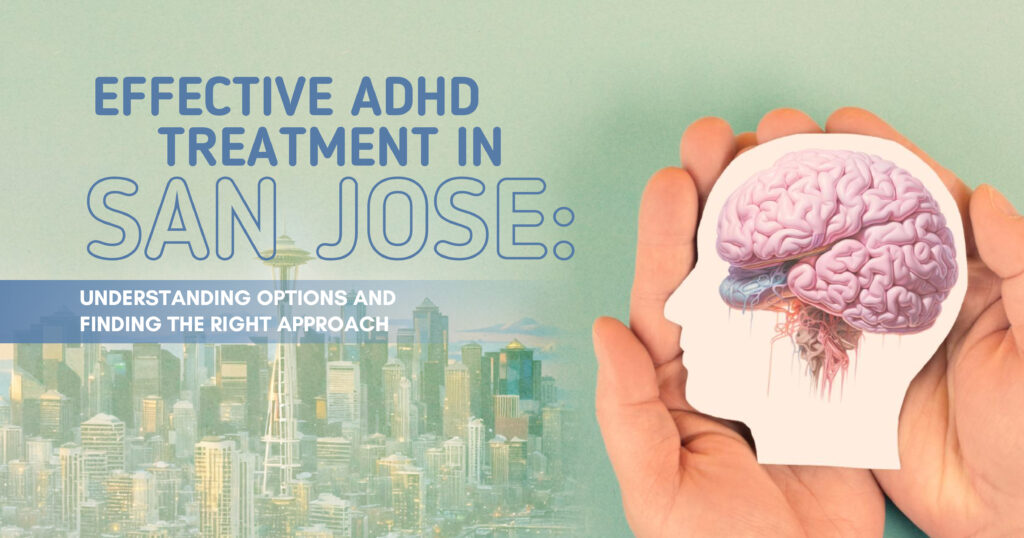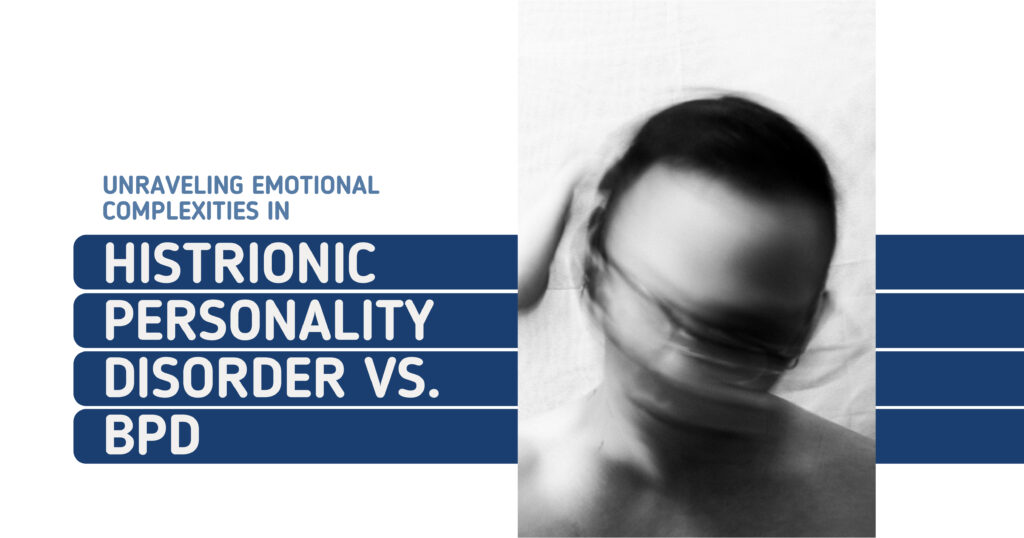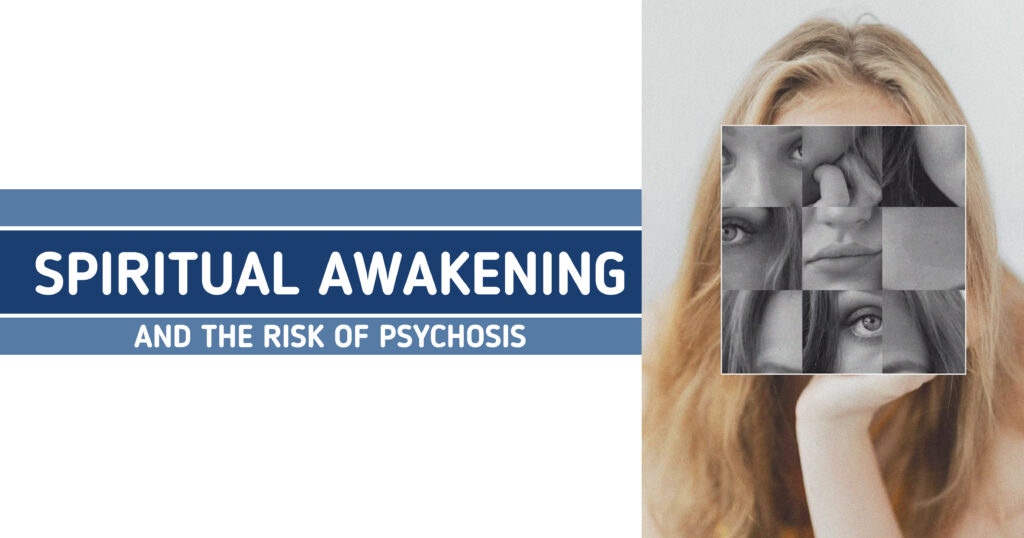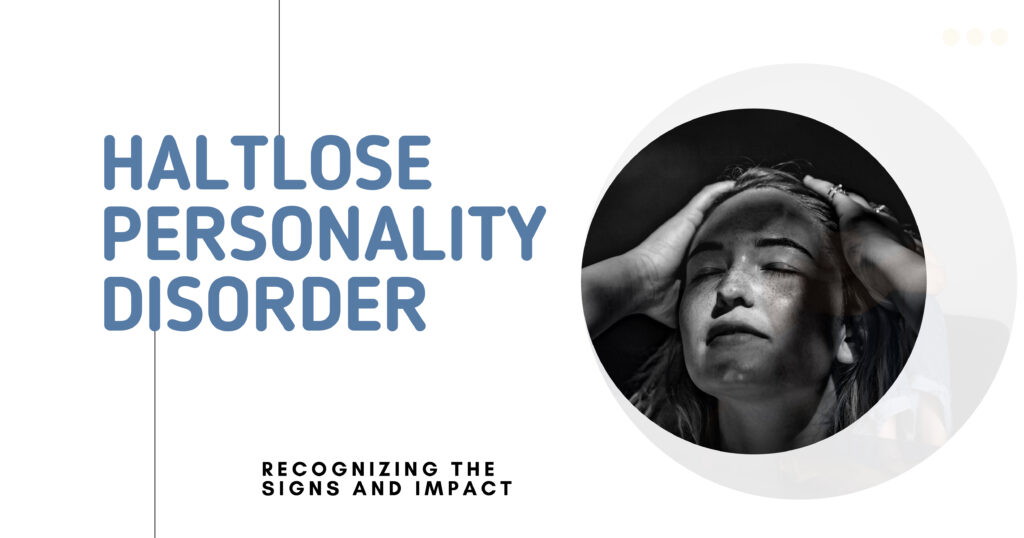In today’s fast-paced, hyper-connected world, social media has become an integral part of our daily lives. It offers us instant access to information, facilitates communication, and allows us to connect with social media users from all corners of the globe. Yet, amid the seemingly endless benefits, there lies a darker side—one where the correlation between social media use and mental health issues comes into play.
As human beings, we have an innate need for social connections and a sense of belonging. However, the digital age has brought about a paradoxical phenomenon where excessive use of social media apps can contribute to symptoms of depression, feelings of anxiety, and ultimately, depression in individuals. In this article, we delve deeper into this concept, shedding light on how to navigate social media while maintaining good mental health.
The Negative Impact of Social Media
The Illusion of Perfection: Social media sites are often a breeding ground for carefully curated lives, presenting an illusion of perfection. Friends, acquaintances, or even strangers showcase their most glamorous and happy moments, creating an unrealistic standard for comparison. This can lead to social comparison, where we may find ourselves struggling with self-esteem, feeling inadequate, and experiencing depressive symptoms as we strive to keep up with an unattainable ideal. Research, including systematic reviews, has highlighted how this constant comparison contributes to negative effects on mental health, particularly among adolescents.
Cyberbullying and Trolling: The seemingly infinite anonymity provided by the digital world has led to an increase in online harassment, including cyberbullying and trolling behavior. Social media companies often struggle to regulate these negative interactions, and as a result, many social media users become victims of online interactions that leave emotional scars. These experiences can lead to severe depression, anxiety, and a decline in mental well-being, contributing to a broader public health issue.
Fear of Missing Out (FOMO): The constant bombardment of others’ seemingly exciting lives can trigger feelings of envy and a fear of missing out (FOMO) in individuals. As we scroll through our feeds, seeing others attending glamorous events, embarking on vacations, or living their “best” lives, we may develop depression in adolescents and young adults. This persistent feeling of exclusion can contribute to mental health issues and social anxiety. According to a previous study by the Pew Research Center, the negative aspects of social media are strongly linked to levels of anxiety and symptoms of anxiety.
San Diego Mental Health
Navigating Social Media for Better Mental Health
Limit Screen Time: Setting boundaries for social media habits is crucial for maintaining good mental health. Consider allocating specific times for online activities, and once those periods are over, disconnect and focus on offline activities such as family activities or physical activity. Research has shown that engaging in pleasurable activities outside of social media can alleviate some of the negxative impact it may have on mental health.
Unfollow and Curate: Take control of your social media experience by unfollowing accounts that trigger negative feelings of inadequacy or comparison. Curate your feed to focus on positive aspects like mental health awareness, uplifting content, and authentic conversations. Studies, such as a longitudinal study by the University of Pennsylvania, suggest that mindful consumption of content can reduce risk of depression and social anxiety.
Engage Authentically: Remember, behind the polished facade of social media, real people with real challenges exist. Engaging genuinely and authentically with others fosters positive social media interaction and can help build a support network. Common Sense Media also advocates for social media literacy, urging users to be conscious of how they interact online.
San Diego Mental Health
FAQs about Social Media and Mental Health
Is social media directly responsible for depression? While social media can contribute to depression in individuals, it is one of many factors. A concise review of peer-reviewed literature shows that environmental, genetic, and psychological factors also play significant roles. Though social media alone is not the cause, its impact on mental health, particularly in youth, cannot be ignored.
Can social media be beneficial for mental health? Yes, when used mindfully, social platforms can provide access to protective effects such as support networks and resources for improving mental health. For instance, connecting with communities that promote positive aspects of life can offset the negative effects of comparison.
How can I recognize if social media is affecting my mental health? Pay attention to how you feel after engaging with social media. If you notice symptoms of depression, anxiety disorder, or a decline in your overall mood, it may be an indication that your social media use is having a negative impact. According to the American Psychological Association, reducing screen time and increasing real-world interactions may improve mental health outcomes.
San Diego Mental Health
Safeguarding Mental Health in the Digital Age
In conclusion, the correlation between social media use and mental health is complex. While these platforms have revolutionized the way we communicate, they can also contribute to mental health issues such as depression in adolescents and adults. Setting healthy boundaries, curating a positive social media experience, and focusing on healthy behaviors are essential steps for navigating the digital age.
Understanding that social media addiction and its consequences are real allows us to take proactive measures in safeguarding our mental well-being. In line with the Health Advisory on Social Media Use in Adolescence by the American Academy of Pediatrics, it is crucial to adopt responsible social media habits and ensure that the digital tools we use promote, rather than hinder, our mental health.
By incorporating these strategies, individuals can navigate the potential pitfalls of social media while fostering social connections that positively influence their lives.

